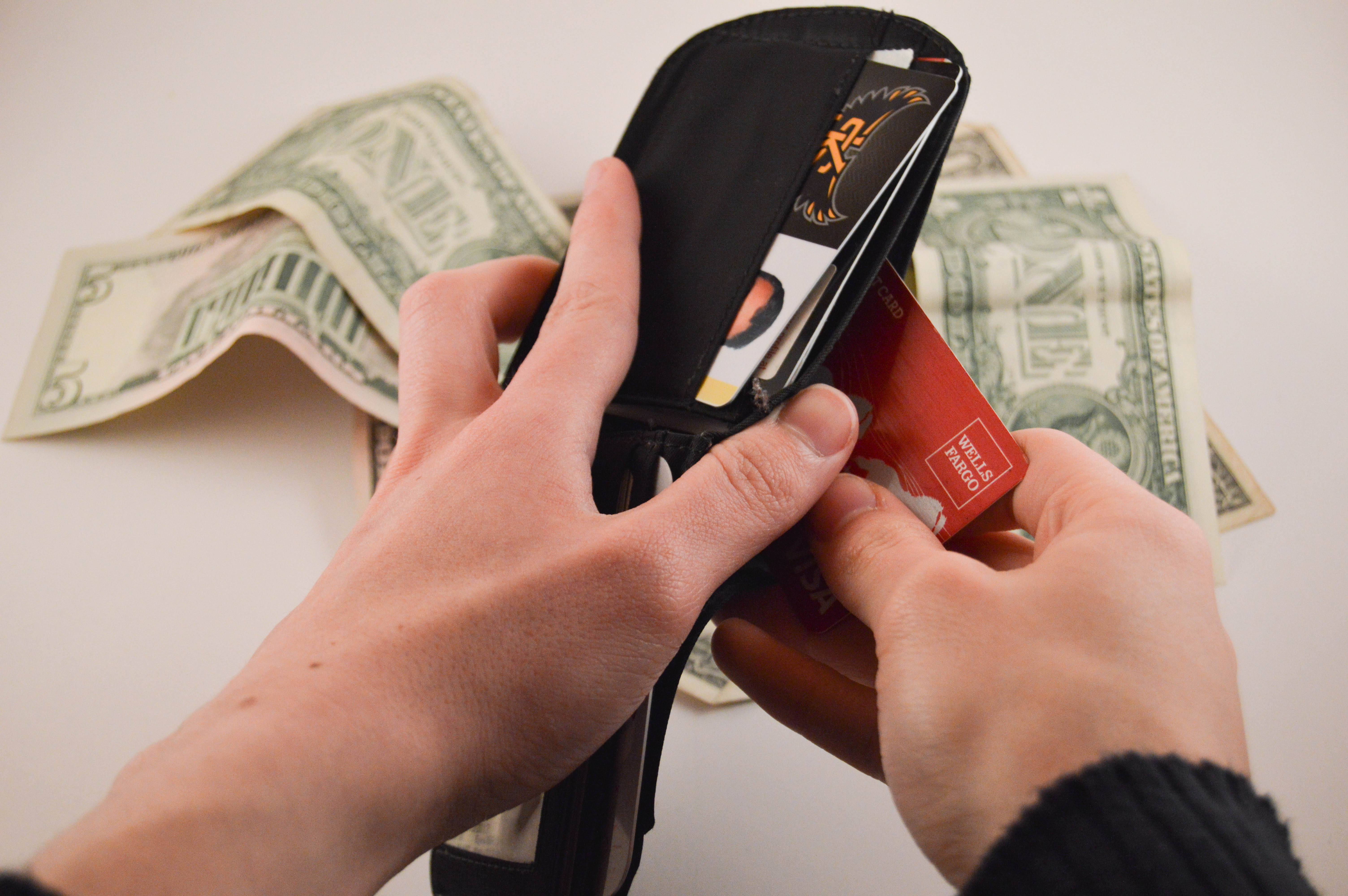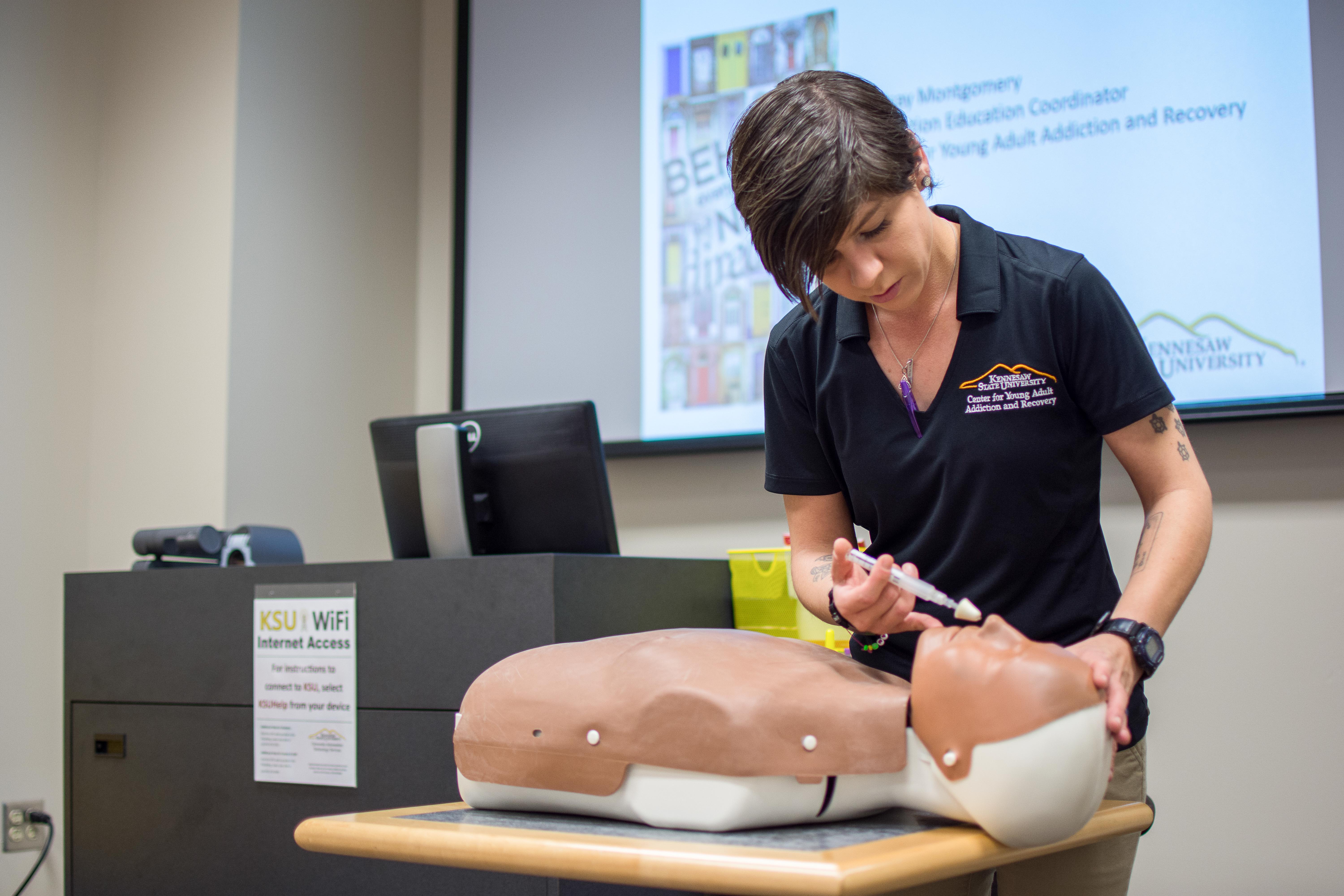A recent Student Monitor study found that only 23 percent of college students have a credit card, leading Credit Card Insider to draw attention to how students can use credit responsibly.
Student Monitor, an organization that performs “custom and syndicated market research in the college student market,” found that 62 percent of students use credit cards as a way to build their credit.
The study, conducted and published every spring, consisted of individual campus interviews among 1,200 undergraduates enrolled full-time in 100 representative, four-year colleges and universities across the United States.
Representatives from Credit Card Insider, a consumer education company, aim to use the information from the study to help college students better understand how to manage their personal finances.
Jacob Lunduski, the director of community outreach at Credit Card Insider, said that the reason why a lot of college students do not own a credit card is possibly due to the Credit Card Responsibility and Disclosure Act of 2009.
The CARD Act requires individuals under the age of 21 to provide proof of income in order to sign up for their own credit card. If they do not have a source of income they must find a co-signer for the application.
Lunduski said college students should have a credit card as long as they use it with discipline.
“Most credit card mistakes stem from uneducated and irresponsible use,” Lunduski said.
According to a survey by Fidelity Investments, a financial services corporation, 25 percent of college students carried credit card debt with them after graduating. The average amount of debt was $3,000 per graduate.
“Having a credit card gives the urge to impulse spend money you don’t have,” Lunduski said. “This is a common mistake that will lead to high credit card balances.”
With a credit card, there is a minimum amount due per month that is usually around 1 to 5 percent of what is owed. This amount is the minimum acceptable amount to keep an account in good standing, Lunduski said.
“It’s a mistake to think that you can just pay the minimum amount each month,” Lunduski said. “You’ll still be paying interest unless you pay your balance fully.”
Lunduski said responsible use of credit cards requires that students only use them to purchase what they can afford.
“Think of your credit card as being intimately linked to your bank account,” Lunduski said. “Ask yourself the question,’ Do you have enough money in your bank account right now to pay for this purchase?'”
Responsible credit card use can help individuals accumulate credit. Lunduski said building credit can be done by making payments in full on time and that good credit is needed in order to get loans, insurance, rent an apartment, buy a home and even get a job.
Lunduski said it is important for students to remember that they can build their credit without accumulating debt, which can lead students to financial success in the future.
Credit Card Insider provides other tips for college students on how to effectively use a credit card to build credit on its website.




